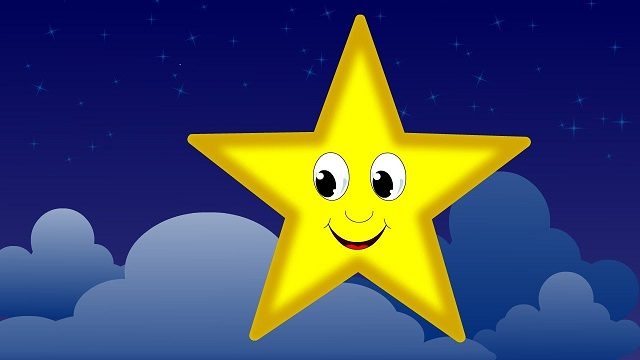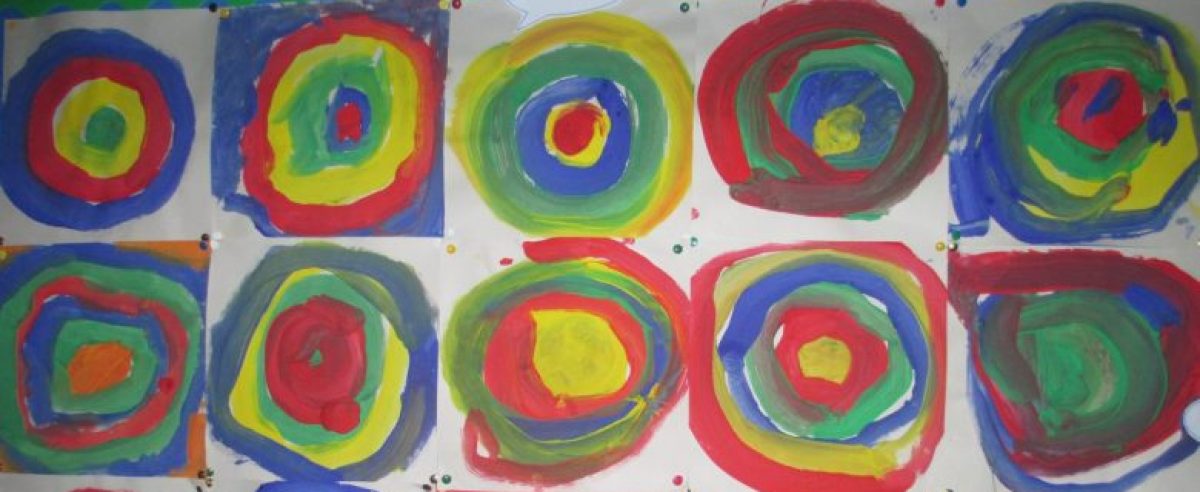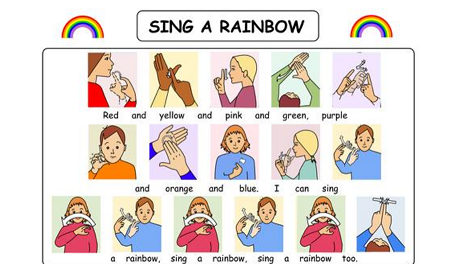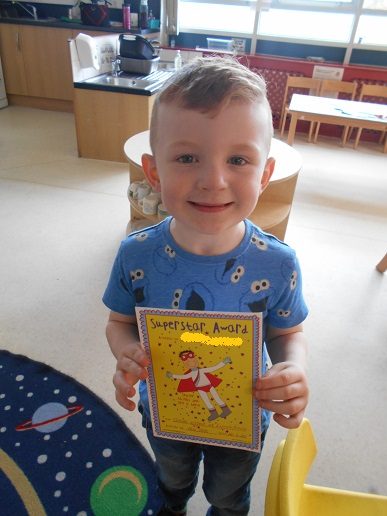 Rhymes are not only fun and engaging for young children but they can make a real difference to their language and literacy. Research suggests that children who have a good understanding of rhyme do better in literacy than children who have poor skills in this area.
Rhymes are not only fun and engaging for young children but they can make a real difference to their language and literacy. Research suggests that children who have a good understanding of rhyme do better in literacy than children who have poor skills in this area.
• The rhythm of nursery rhymes can help children’s listening skills – they are the foundations of the careful listening needed for developing clear speech.
• Rhyme helps children begin to recognise patterns in words and to discriminate between different sounds, for example ‘cat’ and ‘hat’, which are the skills needed in the future when sounding out words for reading.
• Many nursery rhymes and songs also have their own actions that can help to engage even those who struggle to listen and most children enjoy the combination of music and actions. Actions encourage them to take part, engaging them in repetitive songs and rhymes, which in turn support their language development.
• Finally, singing and rhyming is a wonderful way for families to bond with your children. Music is proven to help reduce stress levels and spending just a few minutes a day sharing a song or rhyme together can have a positive impact on everyone’s mental health.
This unprecedented closure of nurseries and schools is an opportunity to have fun with your children, learning lots of different nursery rhymes which will not only be a wonderful experience to share but will also benefit their development for the future. We will put a “Nursery Rhyme of the Week” on our blog during the times that the children would normally have been in Nursery as a suggestion, but the more rhymes they enjoy, the better.
We suggest starting with “Twinkle Twinkle Little Star” as most children are familiar with it and should be able to join in with the words and actions. We will be listening hard for Hecklegirth Nursery children singing “Twinkle Twinkle” all over the town.
 We hope that everyone is enjoying spending time together as a family. To help the children think about their senses of sight, touch, sound, smell and taste, they could perhaps go on a senses hunt around the house as well as the garden if you have one?
We hope that everyone is enjoying spending time together as a family. To help the children think about their senses of sight, touch, sound, smell and taste, they could perhaps go on a senses hunt around the house as well as the garden if you have one?
























